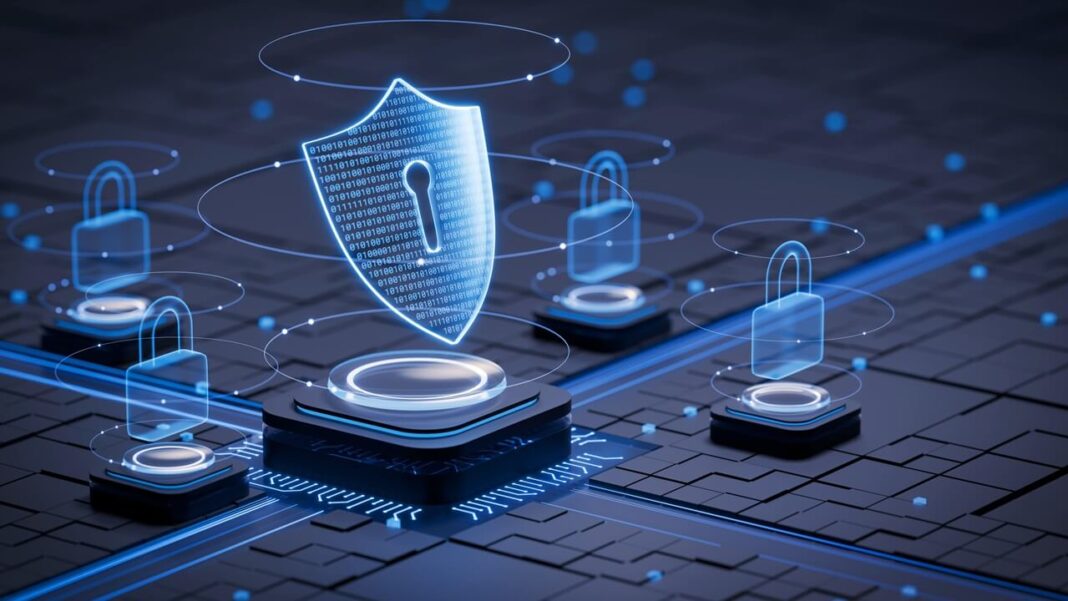Imagine this: You’re sitting in a dimly lit room, fingers flying across the keyboard, cracking codes, uncovering hidden vulnerabilities, and outsmarting digital villains—all without leaving your chair. No, this isn’t a scene from a Hollywood blockbuster. It’s just me, a cybersecurity newbie, with ChatGPT as my trusty sidekick, turning me into an ethical hacker faster than you can say “phishing scam.” If you’ve ever dreamed of diving into the wild world of cybersecurity but didn’t know where to start, buckle up—ChatGPT might just be the secret weapon you’ve been looking for.
Cybersecurity is one of the hottest fields today, with hackers (the good kind!) in high demand to protect everything from personal data to global networks. But here’s the kicker: You don’t need a fancy degree or a decade of experience to get started. With self-learning and the right tools—like ChatGPT—you can unlock the mysteries of cybersecurity one chat at a time. Let’s dive into how this AI wonder is revolutionizing the way beginners like us can master ethical hacking and secure the digital frontier.
ChatGPT: Your 24/7 Cyber Security Mentor
When I first dipped my toes into cybersecurity, I was overwhelmed. Terms like “SQL injection,” “firewall evasion,” and “zero-day exploits” sounded like a foreign language. Enter ChatGPT—my personal tutor that never sleeps, never judges, and always has an answer. Need to understand the basics of encryption? Just ask, “Hey, explain how AES encryption works in simple terms,” and boom—you’ve got a clear, concise breakdown that even your grandma could follow.
For example, I once asked ChatGPT to explain how a brute force attack works. Not only did it give me a step-by-step rundown, but it also threw in a real-world scenario: “Imagine a thief trying every possible key combo on a lock until one clicks—slow, messy, but effective if the lock’s weak.” Punchline? *“Brute force: the hacker’s patience test—and your password’s worst nightmare!”* Suddenly, I wasn’t just learning—I was hooked.
Hands-On Learning: From Theory to Practice
Cybersecurity isn’t just about reading textbooks—it’s about getting your hands dirty (ethically, of course). ChatGPT shines here by helping you simulate scenarios and craft solutions. Want to know how to spot a phishing email? Ask it to write a fake one for you to dissect. I tried this, and ChatGPT whipped up a sneaky “Your Netflix account is suspended” email complete with shady links and grammar slip-ups. Analyzing it felt like playing detective, and I learned red flags to watch for in minutes.
Another time, I asked, “How do I write a basic Python script to scan open ports?” ChatGPT didn’t just explain—it gave me a beginner-friendly script, walked me through each line, and even suggested tweaks to make it stealthier. *“Code like a pro, hack like a ninja!”* I ran it on a test network (with permission!), and watching those ports light up felt like cracking my first safe. These practical examples turned abstract concepts into skills I could actually use.
A Treasure Trove of Resources and Tips
Self-learning cybersecurity can feel like wandering through a maze of outdated forums and jargon-heavy tutorials. ChatGPT cuts through the noise. Ask it, “What are the best free resources for learning ethical hacking?” and it’ll hand you a goldmine—think TryHackMe, Hack The Box, or OWASP’s cheat sheets. It even tailors advice to your level. When I said I was a beginner, it suggested starting with understanding HTTP requests before diving into cross-site scripting (XSS).
And here’s a pro tip it taught me: “Always sanitize your inputs—or hackers will have a field day with your database.” Punchline? *“Dirty inputs, dirty outputs—cybersecurity’s golden rule!”* Pair ChatGPT with a quick web search or X posts from cybersecurity pros, and you’ve got a learning combo that’s tough to beat.
Breaking Down Complex Topics Like a Boss
Let’s be real—some cybersecurity topics are brain-busters. Take buffer overflows, for instance. I’d read about them but couldn’t wrap my head around the “how.” I asked ChatGPT, “Explain buffer overflows like I’m five,” and it delivered: “Picture pouring too much juice into a tiny cup—it spills everywhere, right? Hackers overfill a program’s memory to sneak in their own code.” Simple, visual, and stuck with me forever.
It even helped me grasp penetration testing basics by walking me through a mock scenario: scanning a system, finding a weak spot, and exploiting it (all hypothetically, of course). *“Pen testing: because knowing your enemy’s moves wins the game!”* With ChatGPT breaking down the tough stuff, I went from clueless to confident in no time.
Why ChatGPT is a Game-Changer for Cybersecurity Newbies
Here’s the beauty of ChatGPT: It’s patient, endlessly knowledgeable, and free (or cheap, depending on your setup). Unlike traditional courses that cost hundreds or rigid schedules that don’t fit your life, ChatGPT meets you where you are. It’s like having a hacker mentor in your pocket, ready to guide you through the basics—like how firewalls block traffic or why two-factor authentication is a lifesaver—up to advanced tricks like crafting custom payloads.
For anyone keen on self-learning cybersecurity, ChatGPT is a launchpad. It won’t replace hands-on practice or real-world experience, but it’s a damn good starting point. Pair it with free online labs, YouTube tutorials, and a curious mind, and you’re on your way to becoming an ethical hacker who can outsmart the bad guys.
Final Thoughts: Hack the World (Ethically!)
So, how did ChatGPT make me a hacker? It demystified cybersecurity, handed me practical tools, and kept me motivated with every “aha!” moment. Whether you’re decoding phishing schemes, scripting your first port scanner, or just figuring out what the heck a VPN does, ChatGPT is your co-pilot on this wild ride. “Cybersecurity isn’t just a skill—it’s a superpower, and ChatGPT’s your origin story!”



